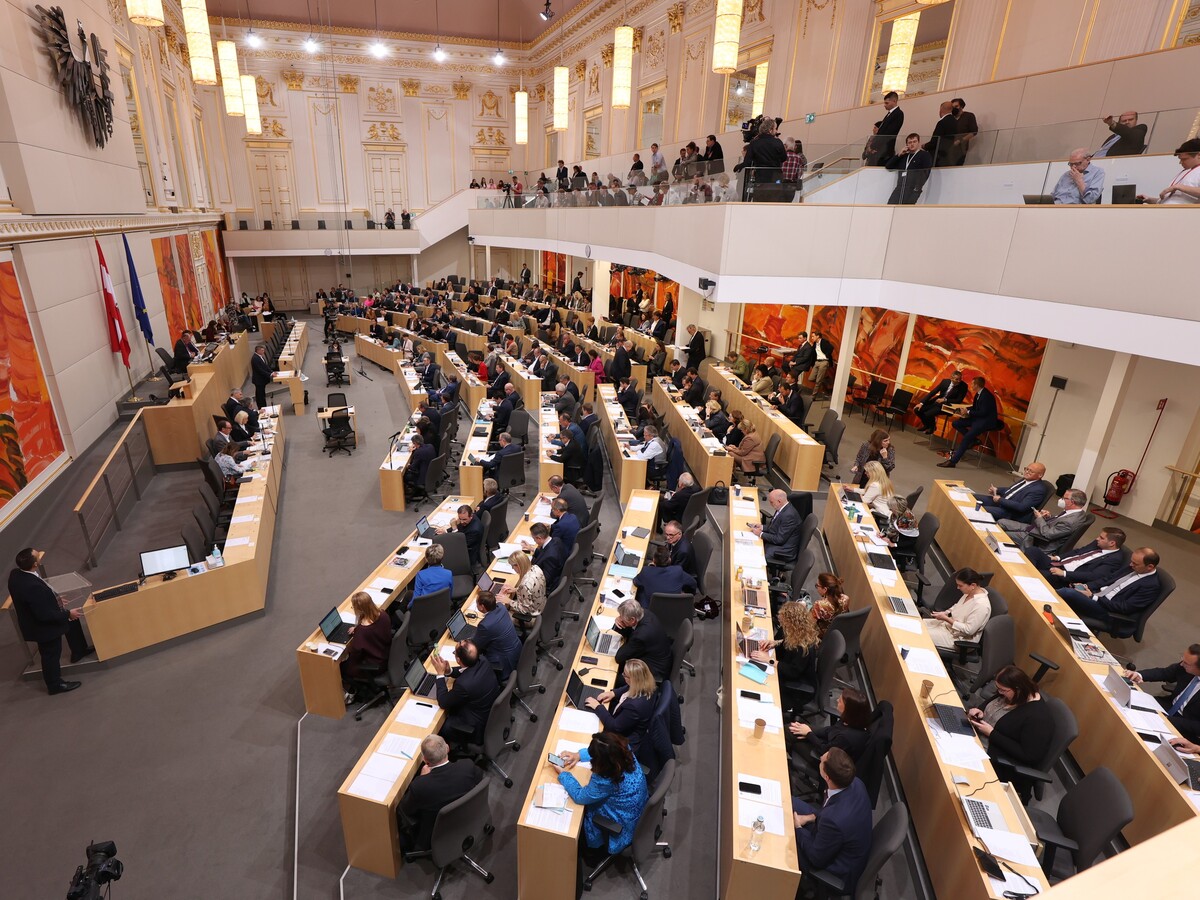TA for Austrian parliament
Cyber security, energy buffering, light pollution: These and more than a hundred other topics have been presented to the members of the Parliament and the public by the Institute of Technology Assessment (ITA) of the Austrian Academy of Sciences over the past four and a half years. More detailed studies have been prepared on selected topics.
After a successful pilot phase, the ITA has now been appointed to continue advising the Parliament on foresight and technology assessment. In the future, it will be supported by ITAS. Their joint task in the coming years will be to prepare semi-annual monitoring reports on important socio-technical developments relevant to Austria and the parliament.
AI-supported monitoring
In addition to the previous qualitative evaluation of sources, the researchers also want to make greater use of AI-supported quantitative evaluations in the future. To this end, ITAS will test the extent to which socio-technical trends can be detected on the basis of web-based information sources using artificial intelligence. Based on the results of this mixed-method monitoring, members of the council can then select individual topics for in-depth studies, if necessary. Two of the most controversial topics in the past project period were 5G and blackout, both also highly relevant for society.
“We really appreciate that the Austrian National Council, similar to the German Bundestag or other parliaments in Europe, has decided to strengthen evidence-based policy advice in the field of technology assessment,” said Armin Grunwald, head of ITAS and the Office of Technology Assessment at the German Bundestag. “The fact that we will be able to contribute to shaping this process together with our highly esteemed colleagues from ITA in the coming years makes us even more happy.”
Further information:
- Policy advice by ITAS
- Project page of the Institute of Technology Assessment (ITA)
- ITA studies for the Austrian National Council on 5G and blackout


